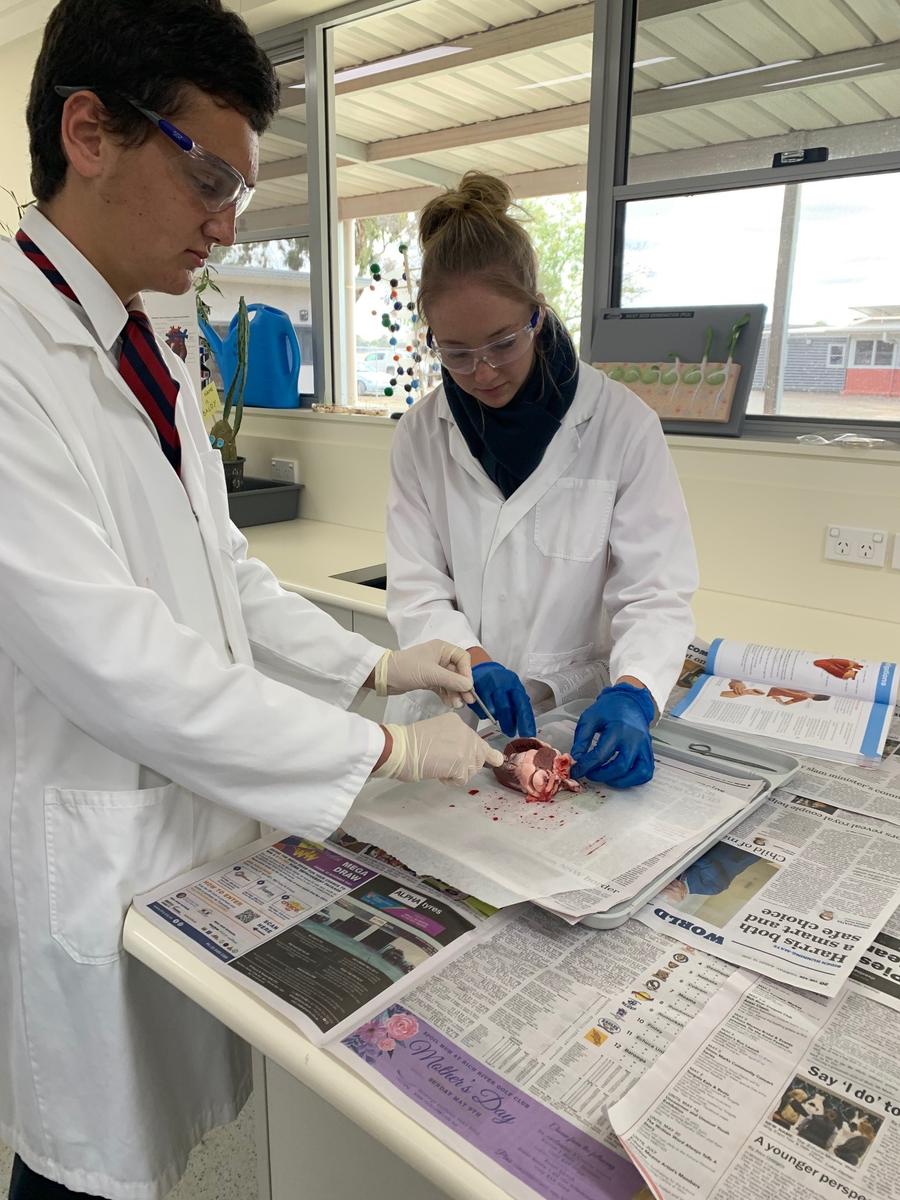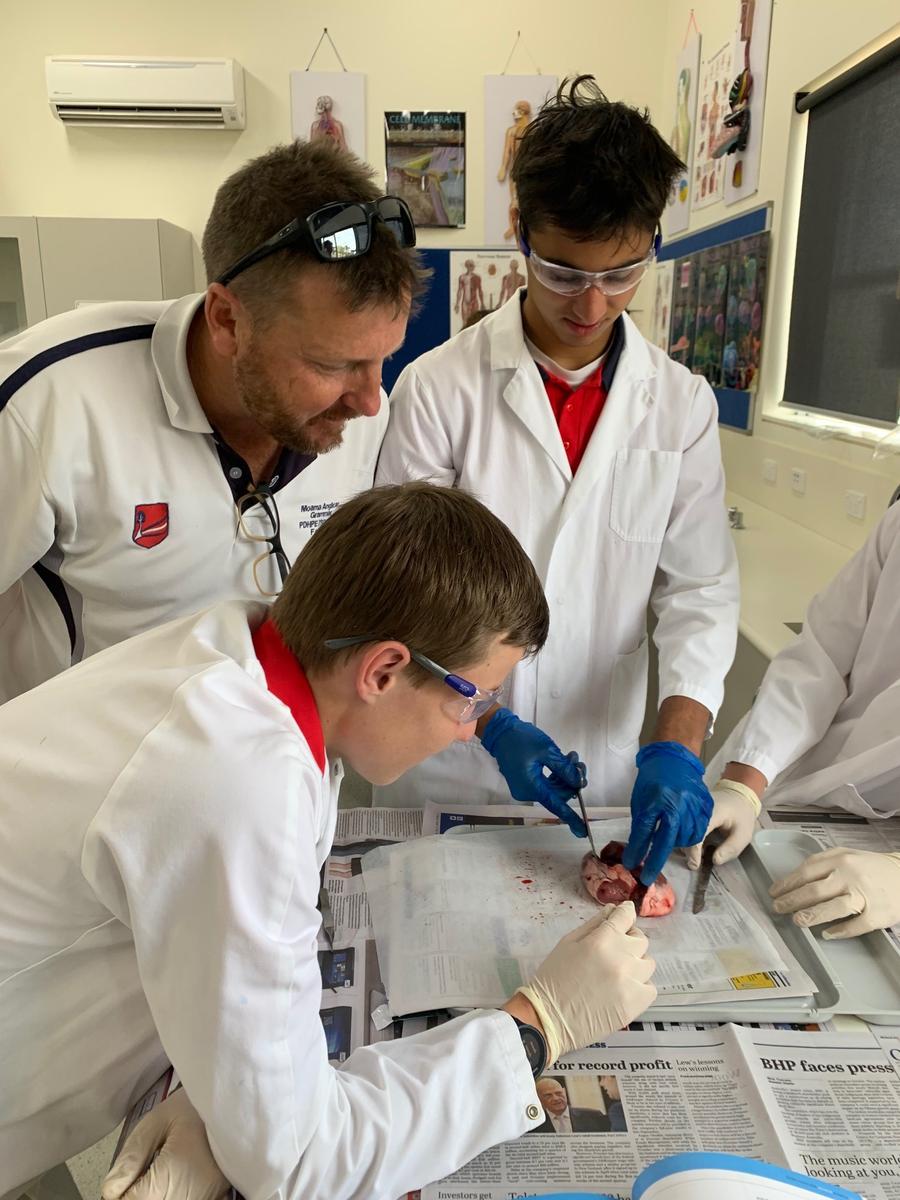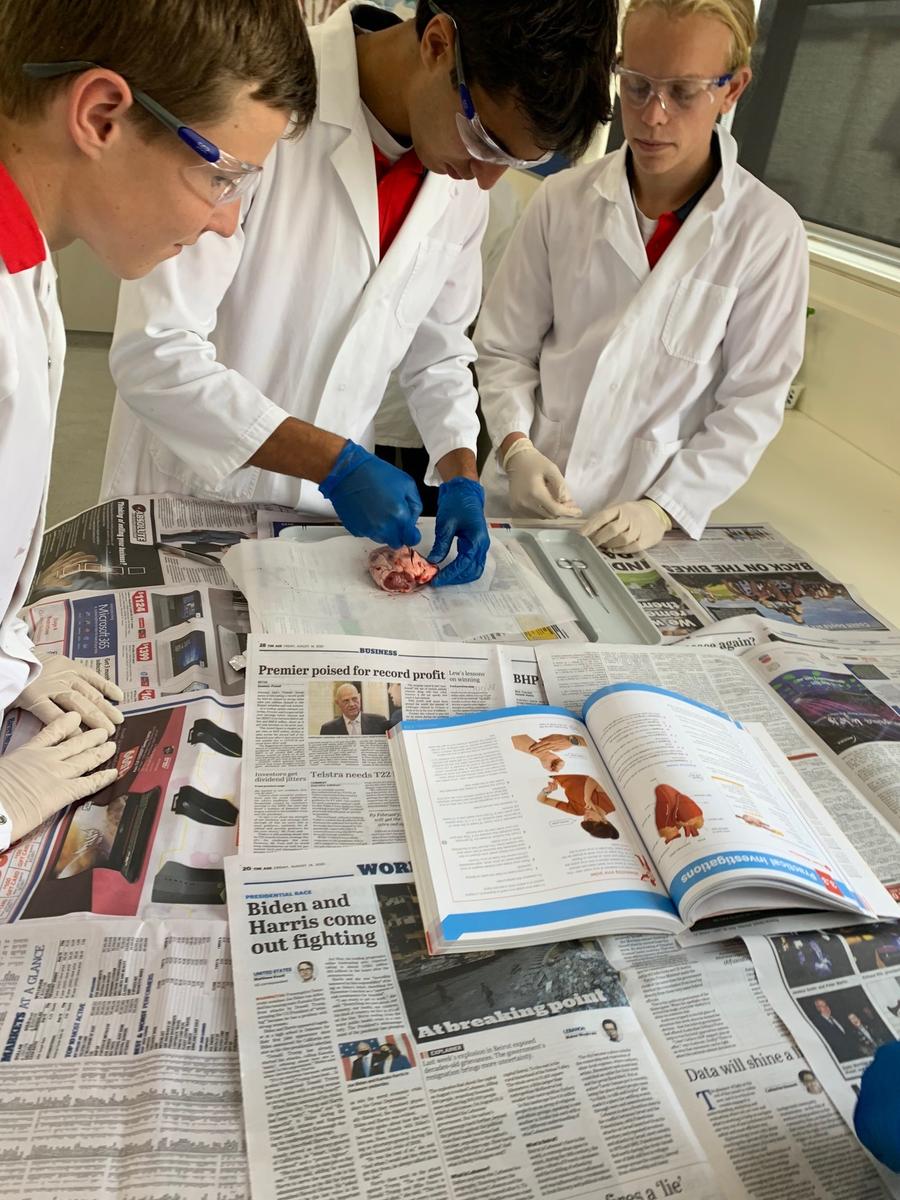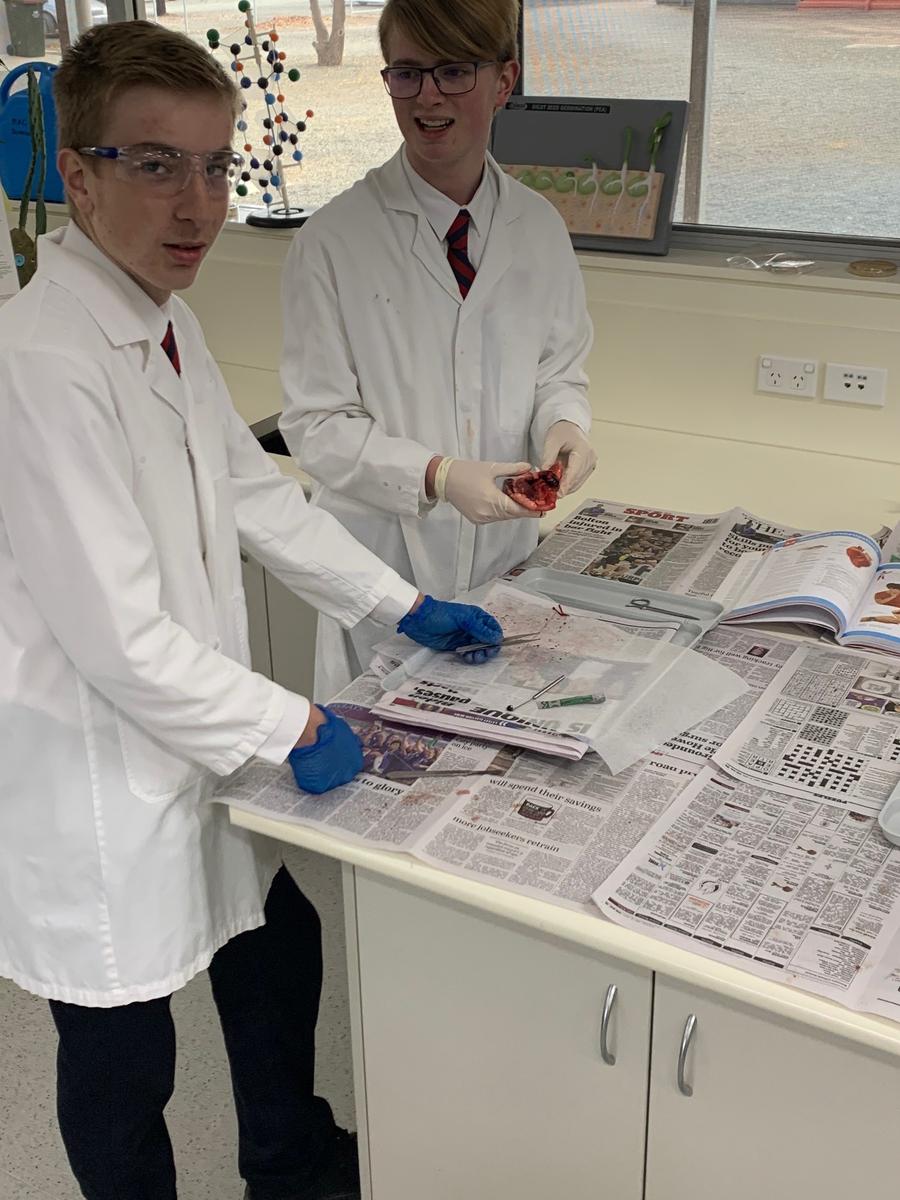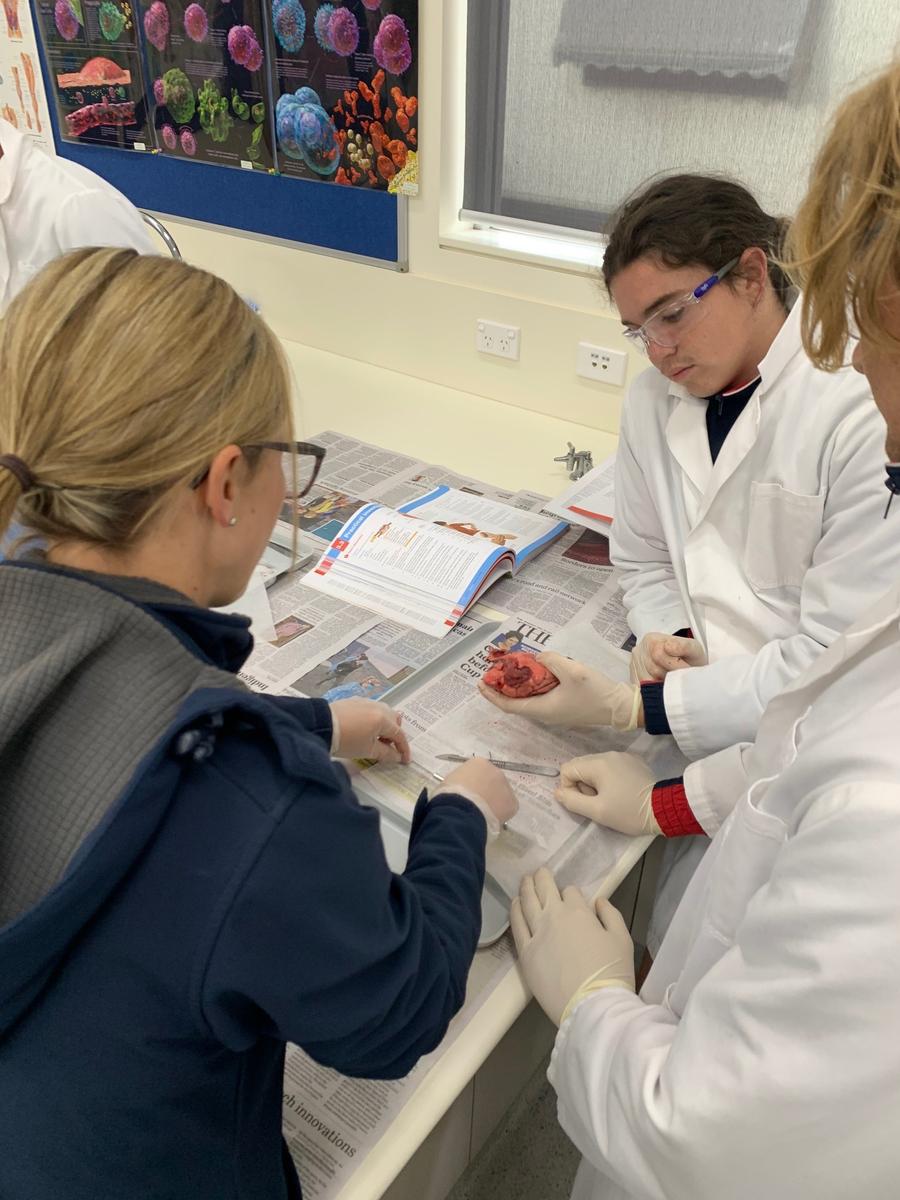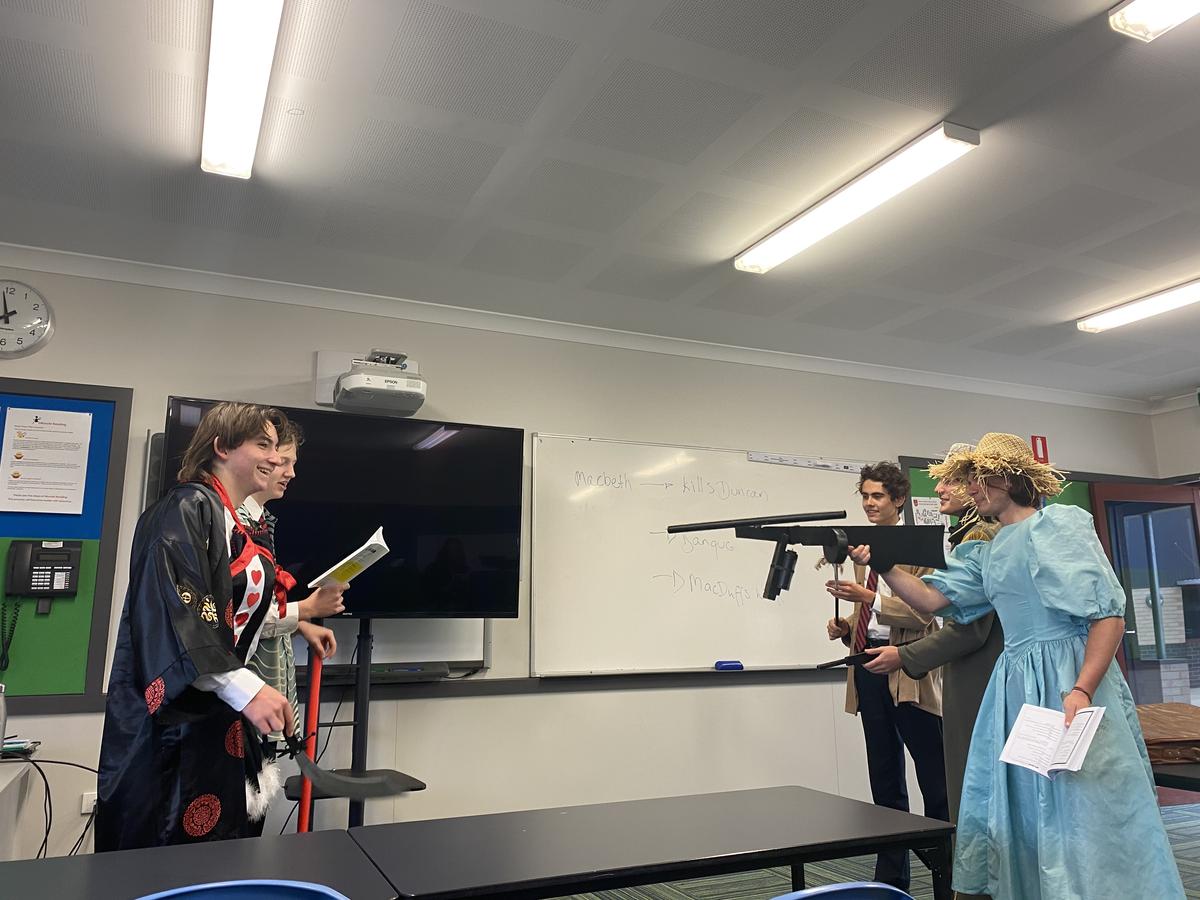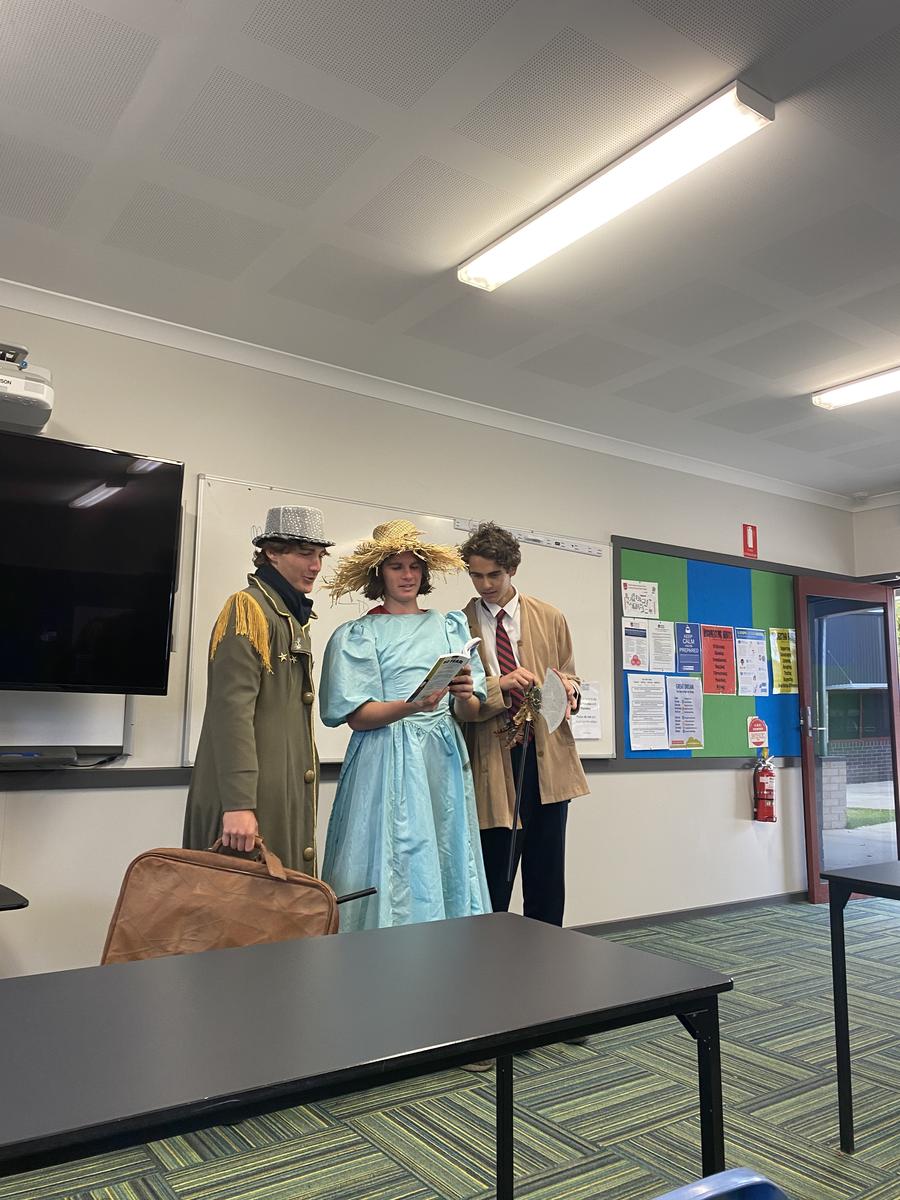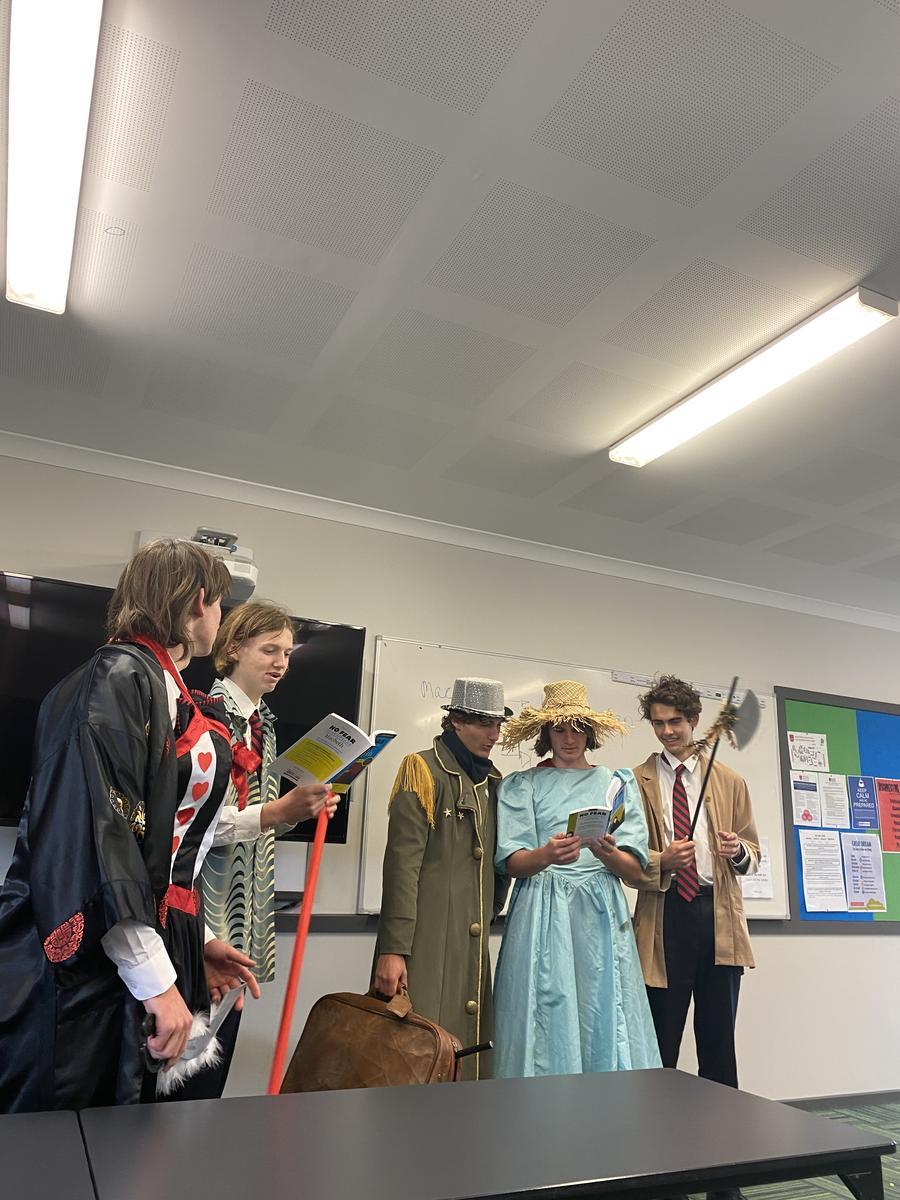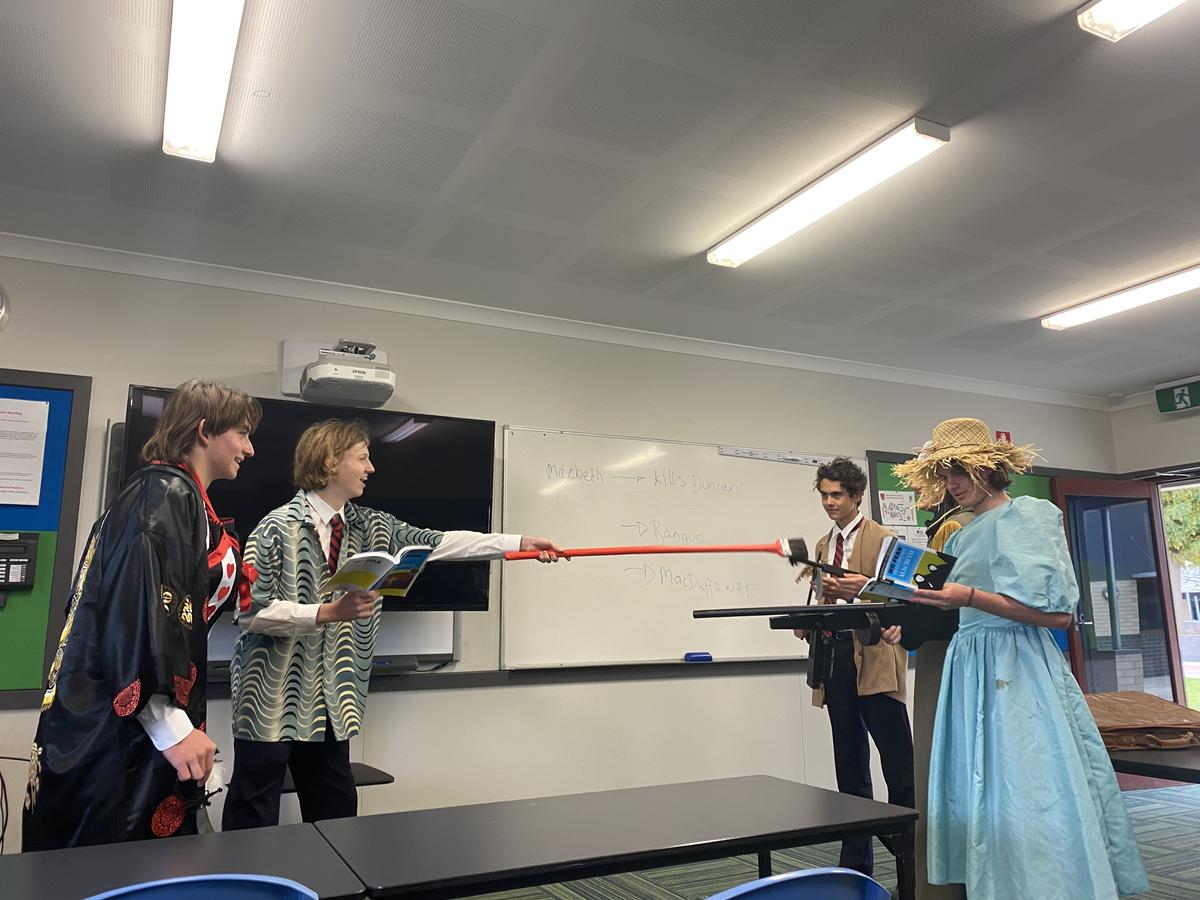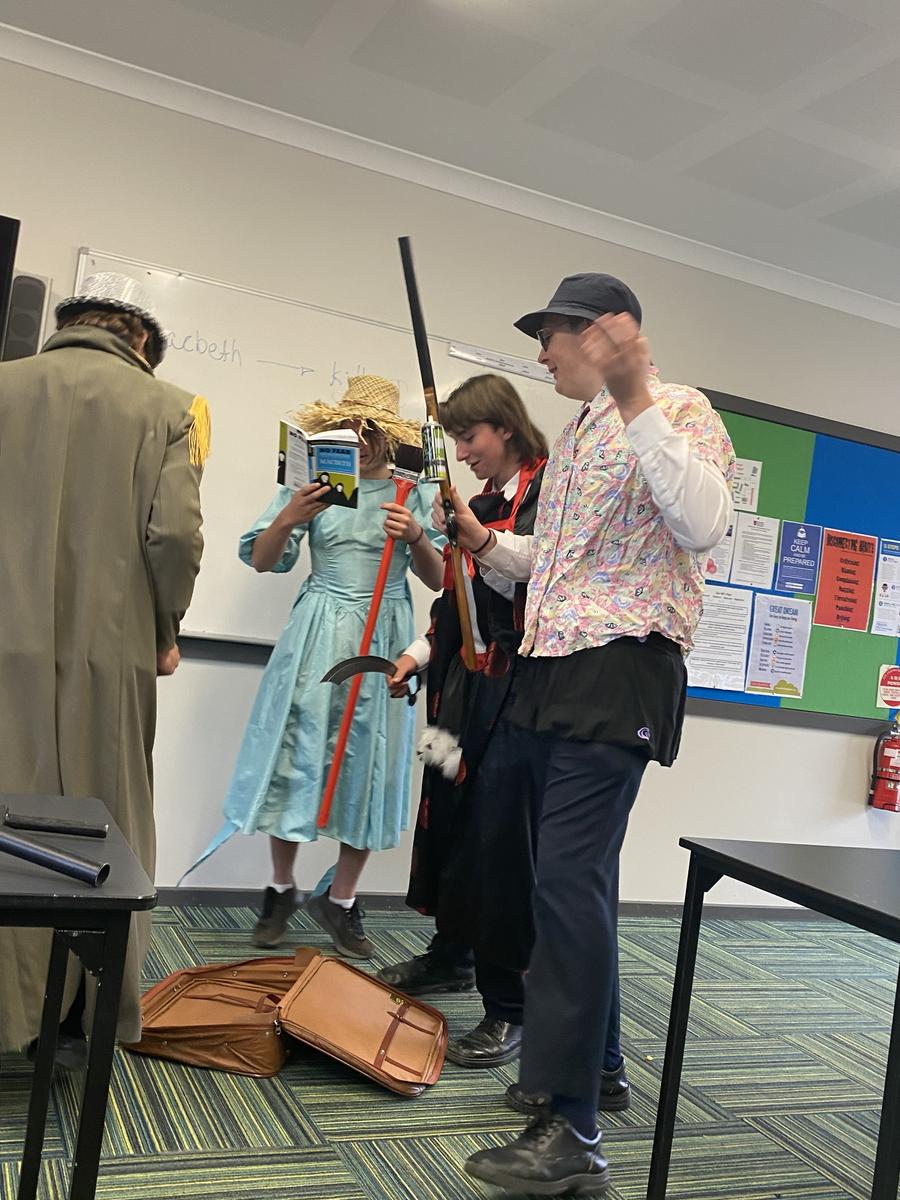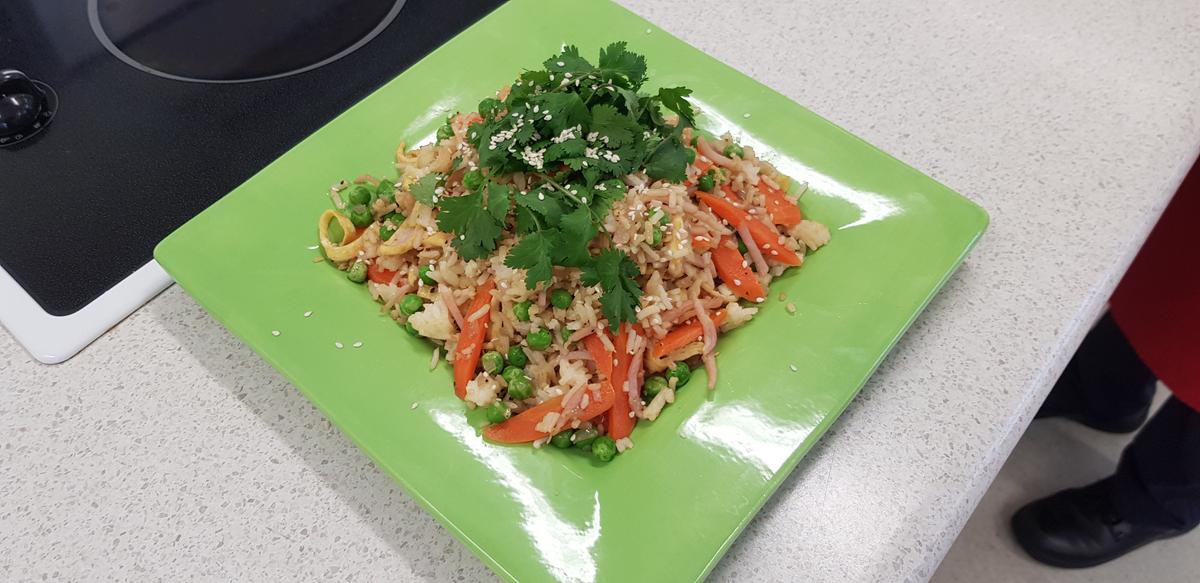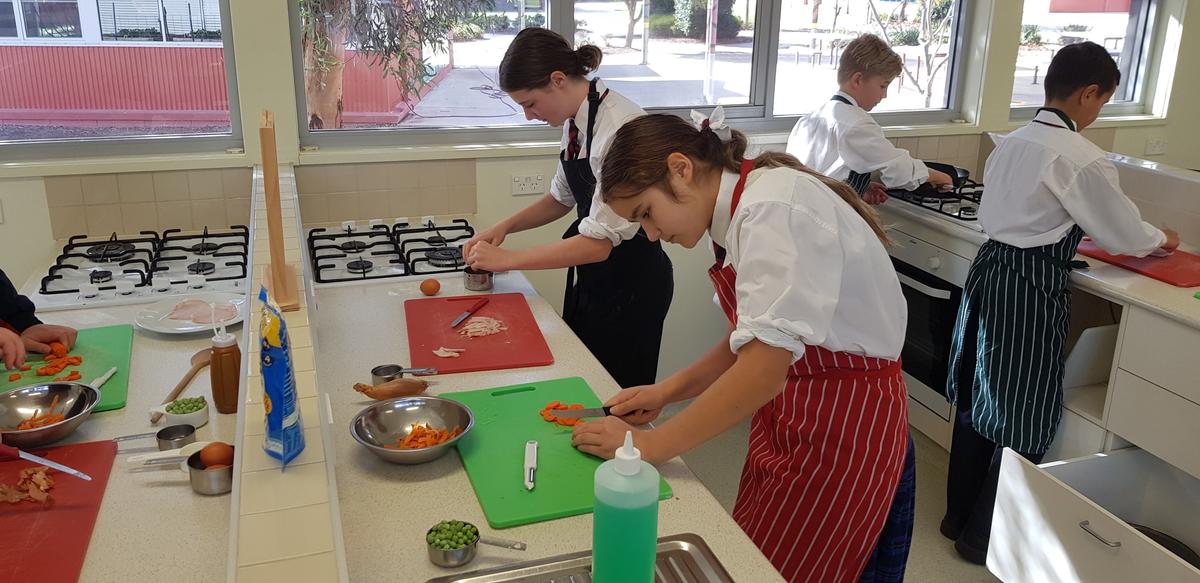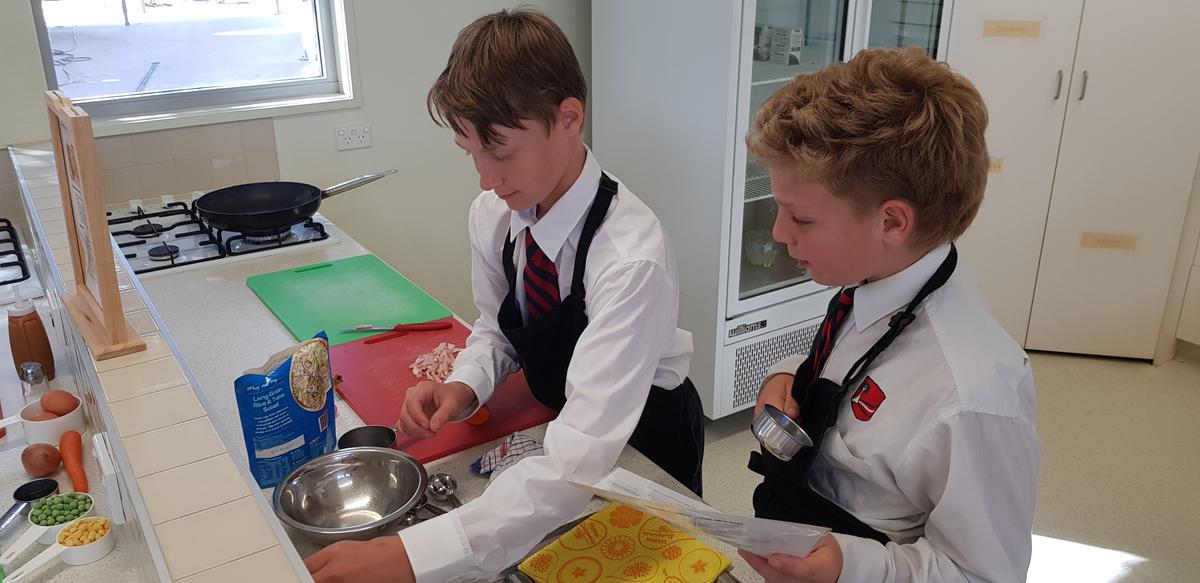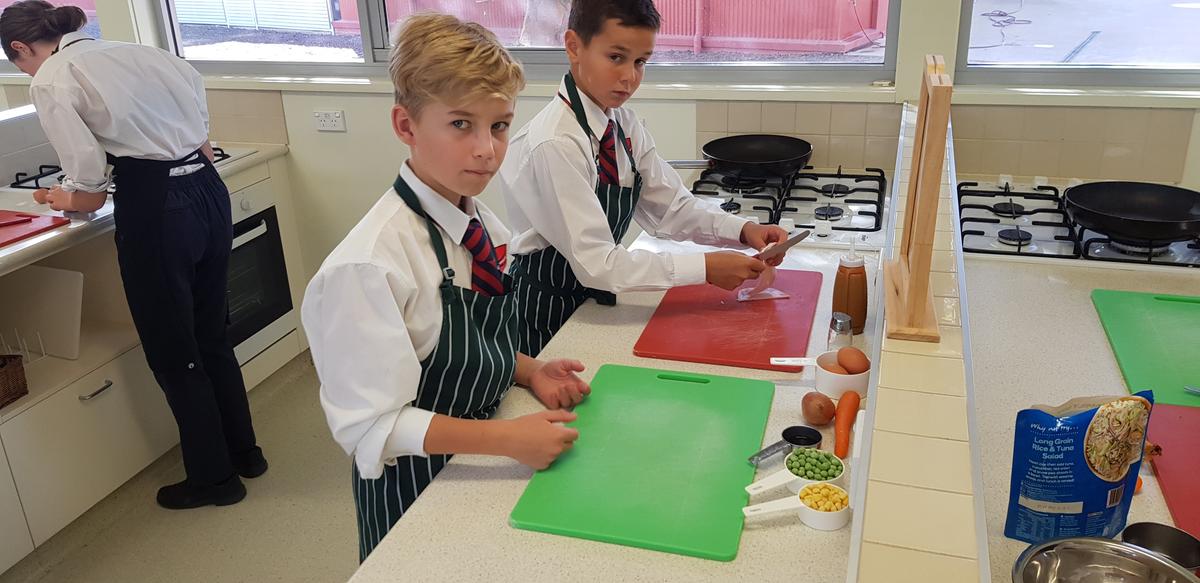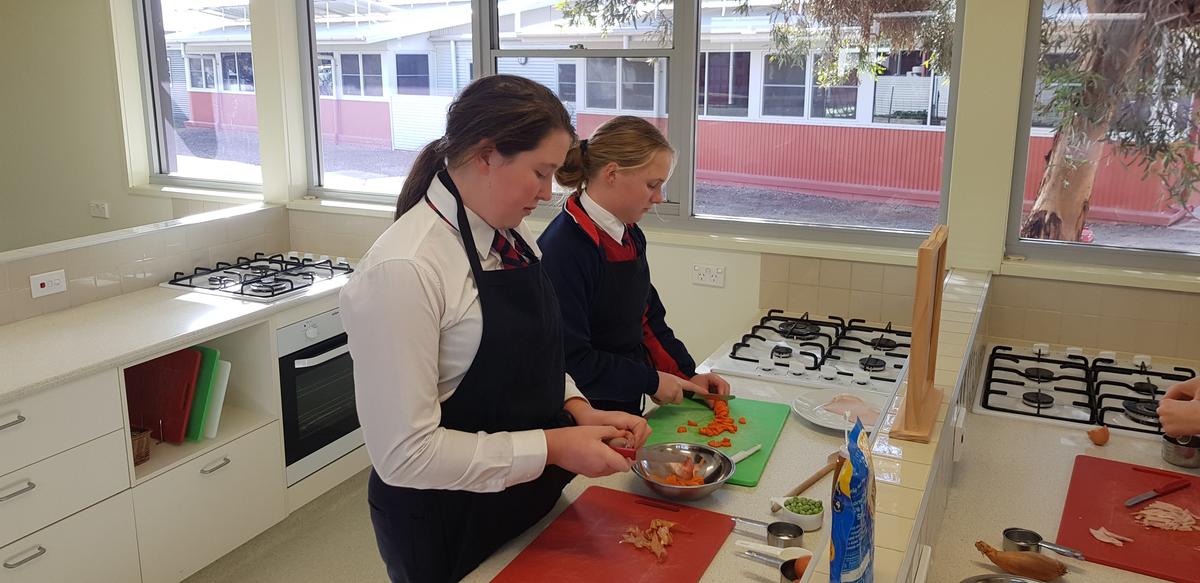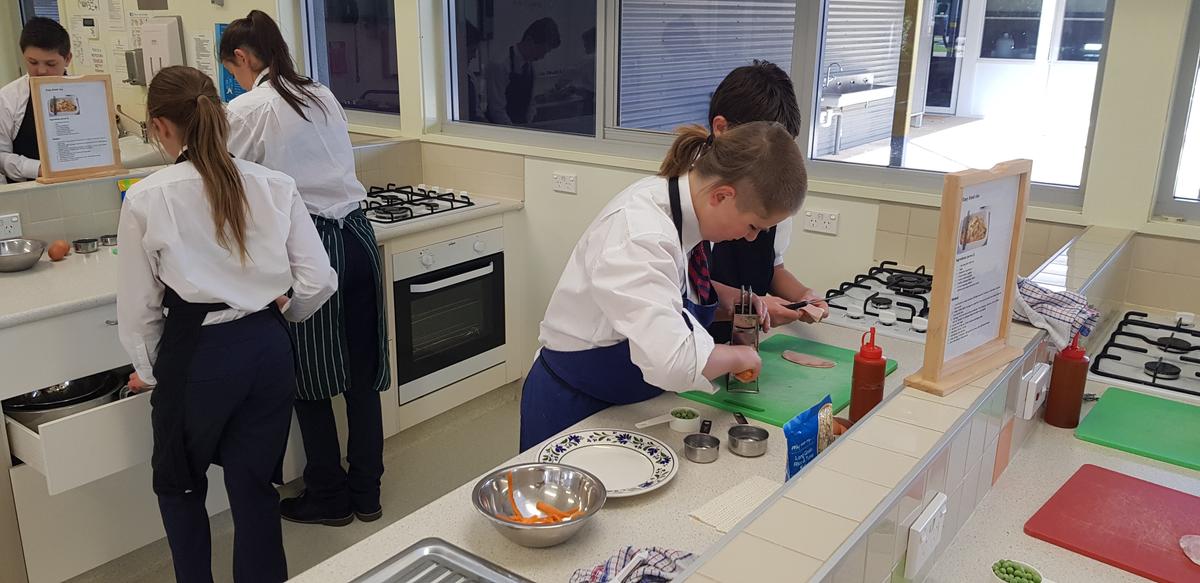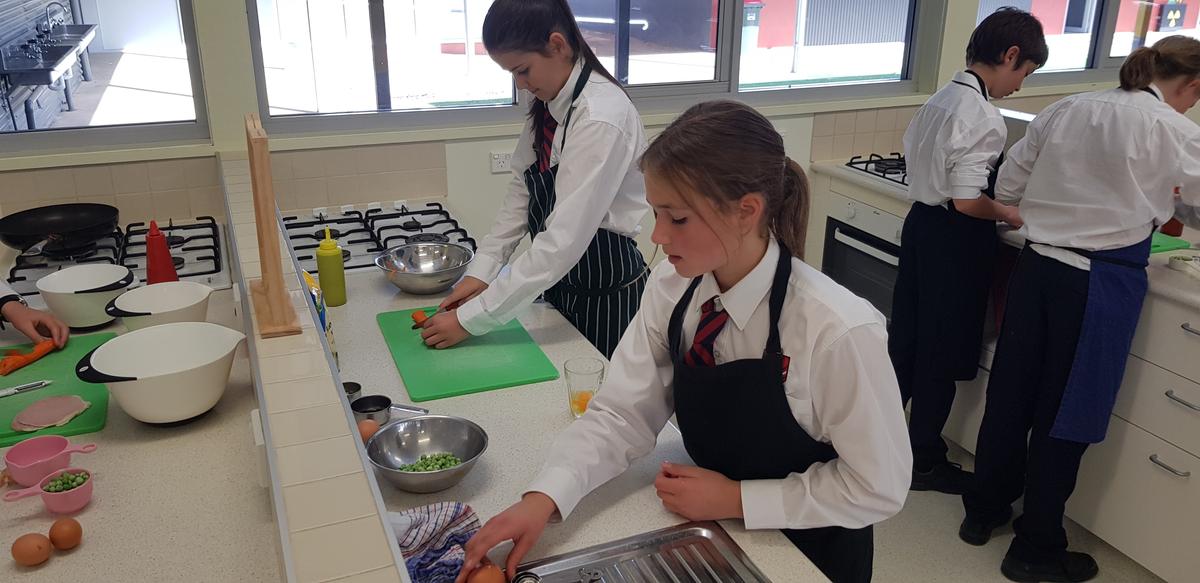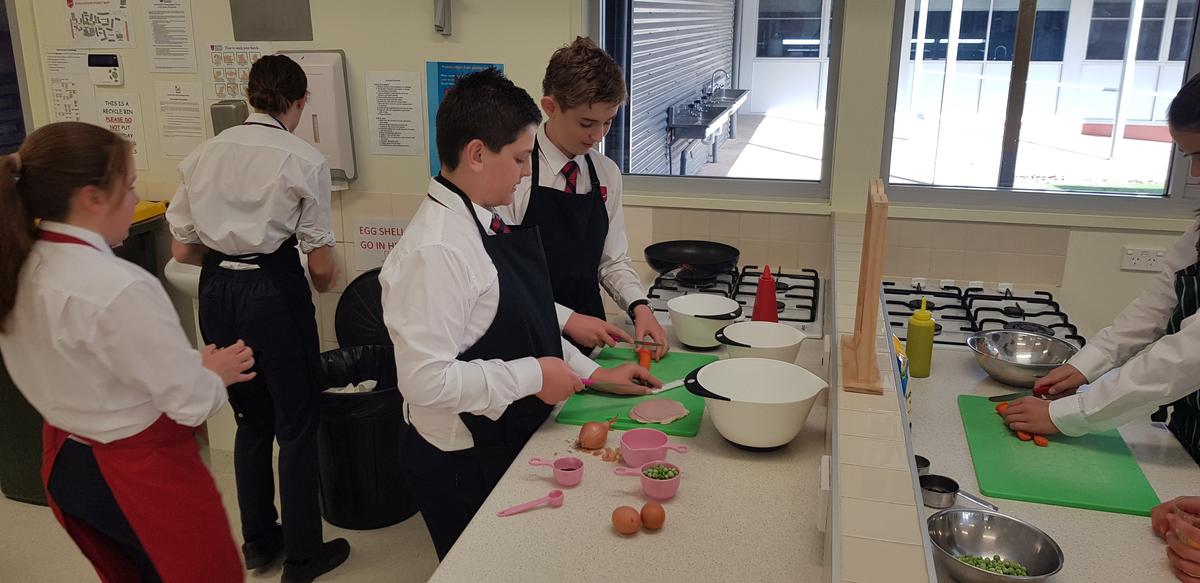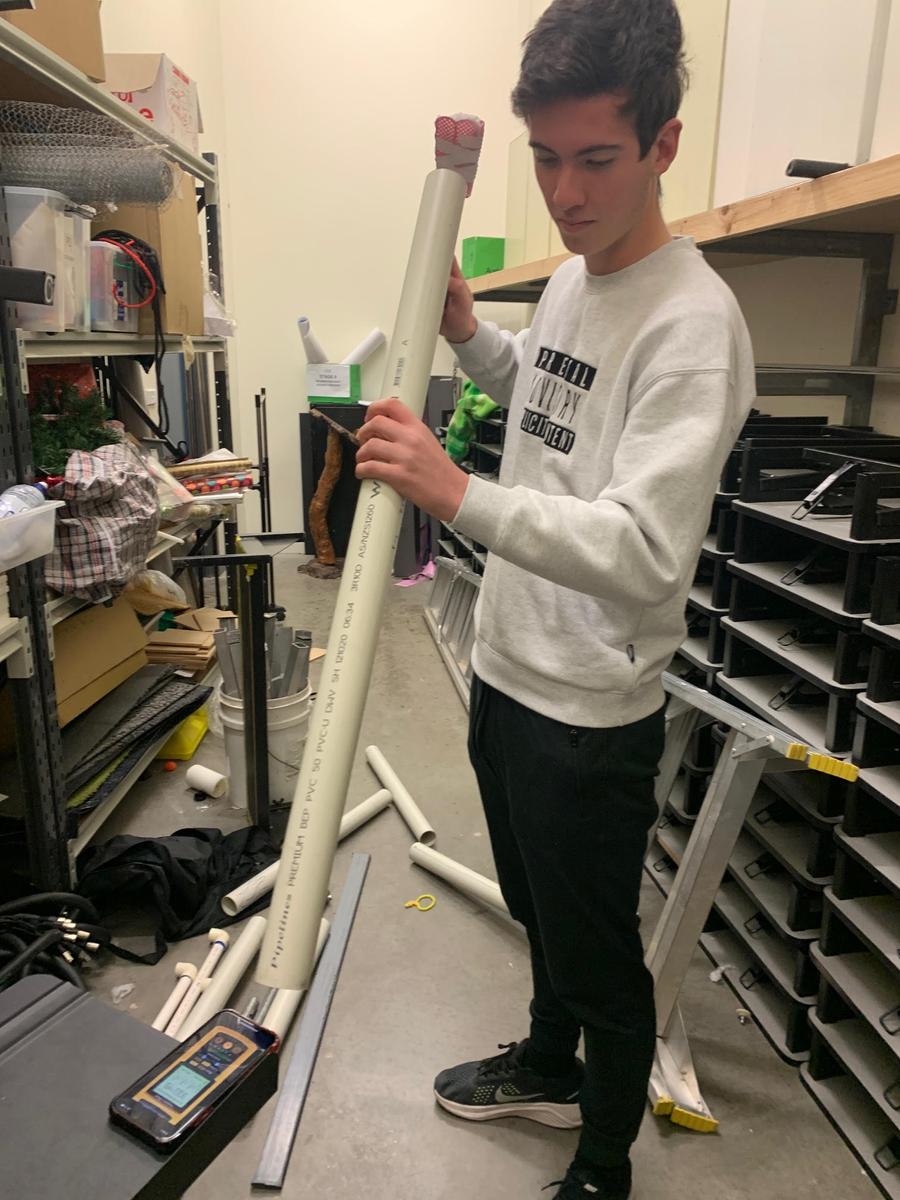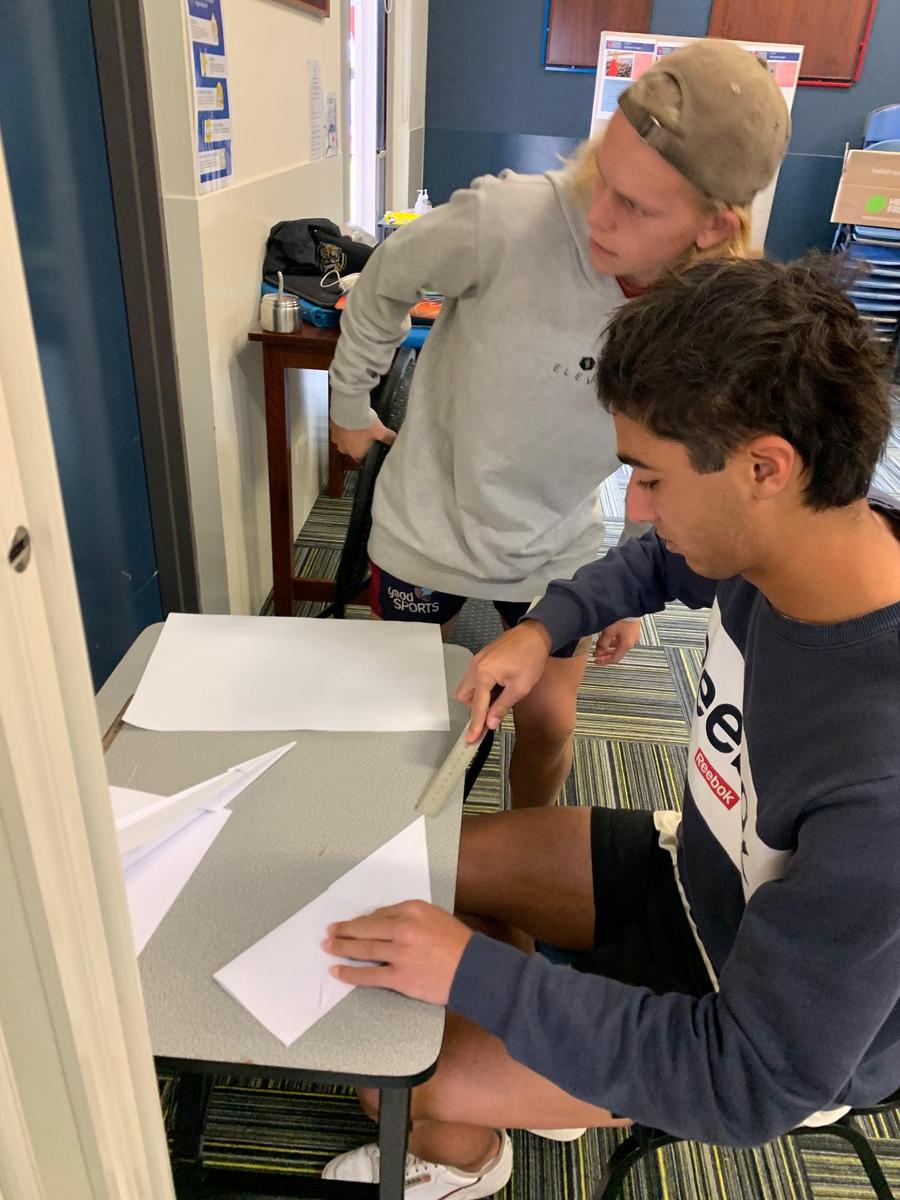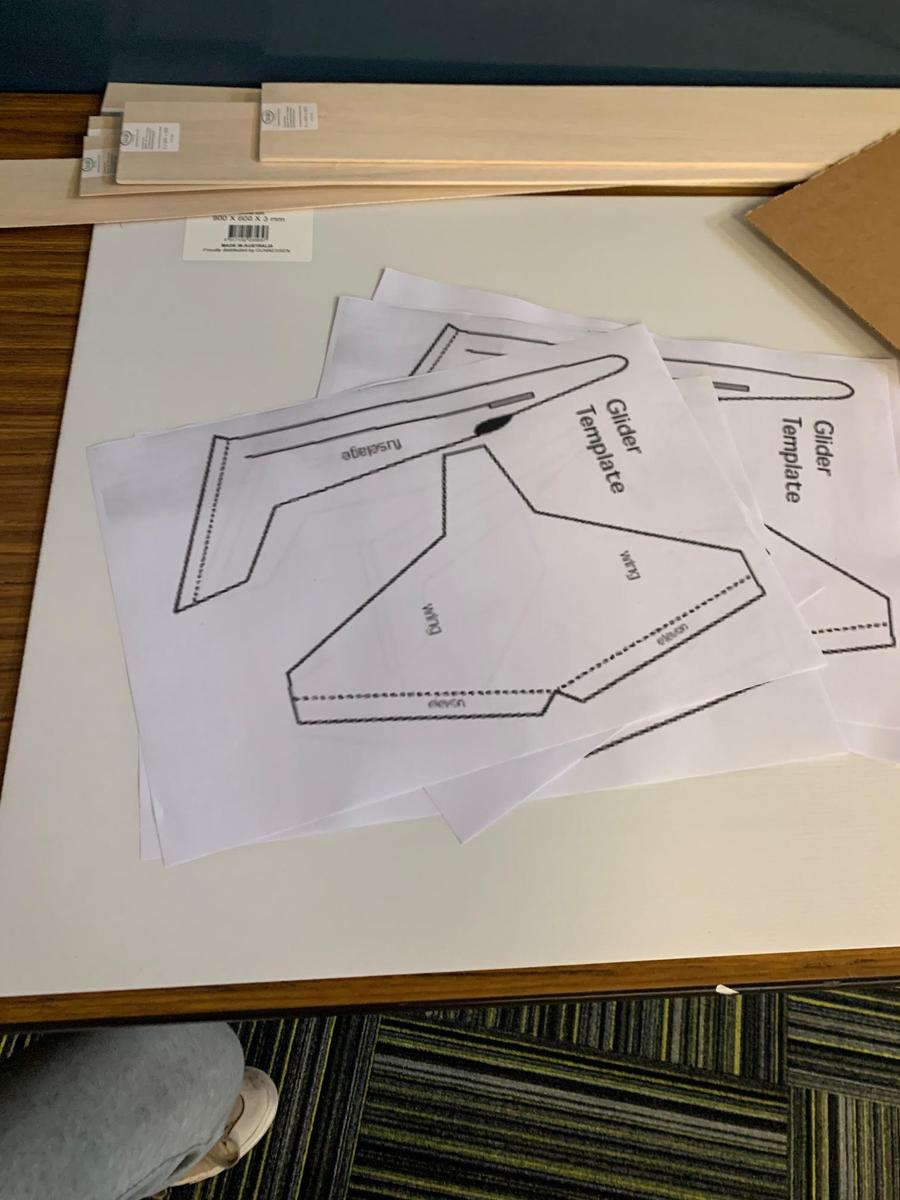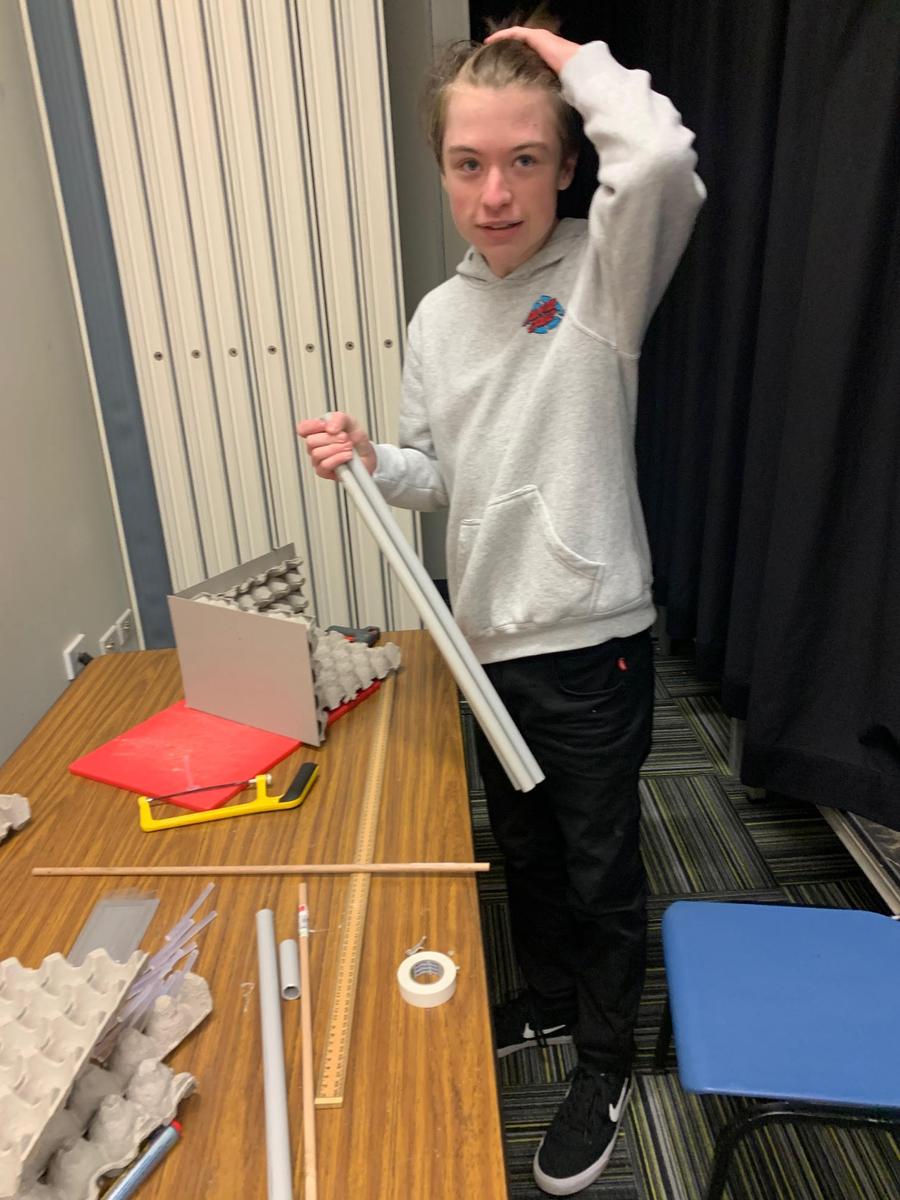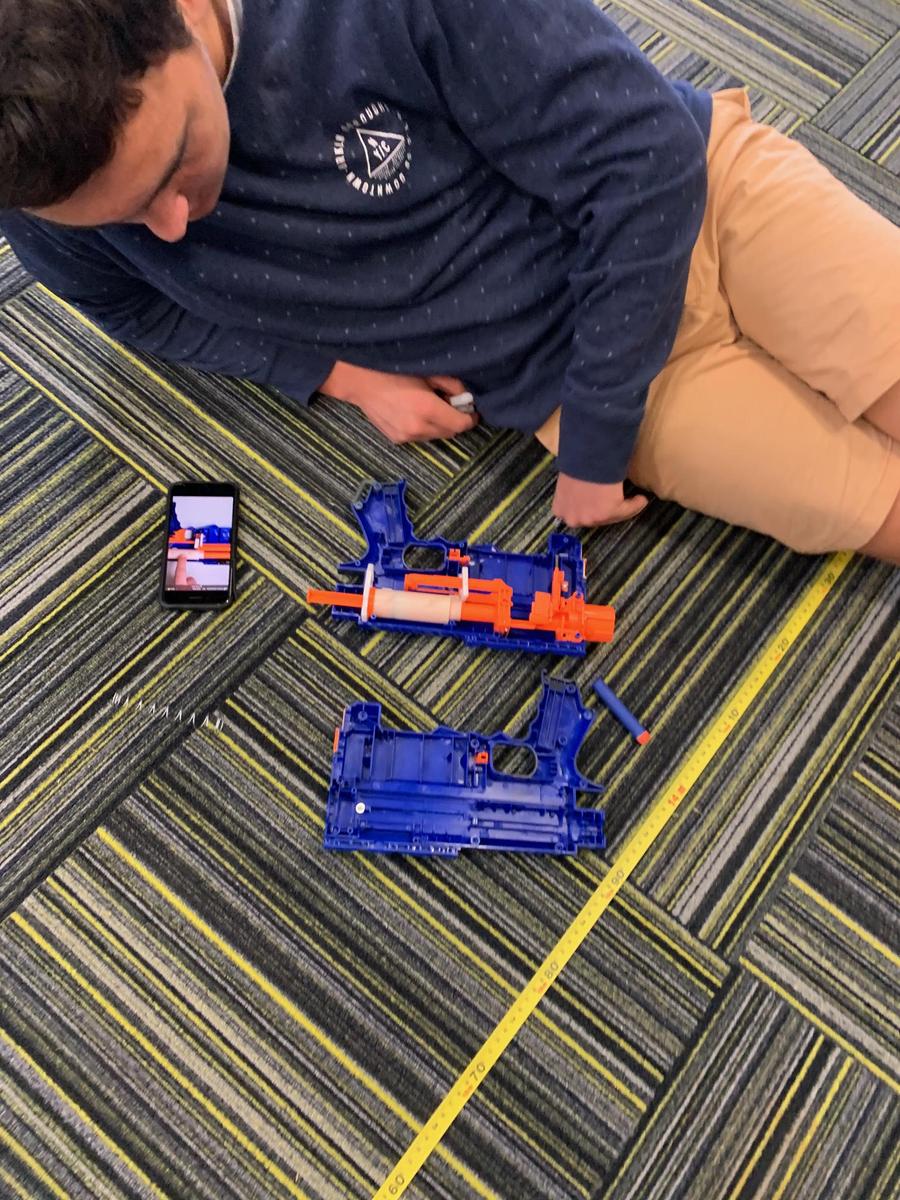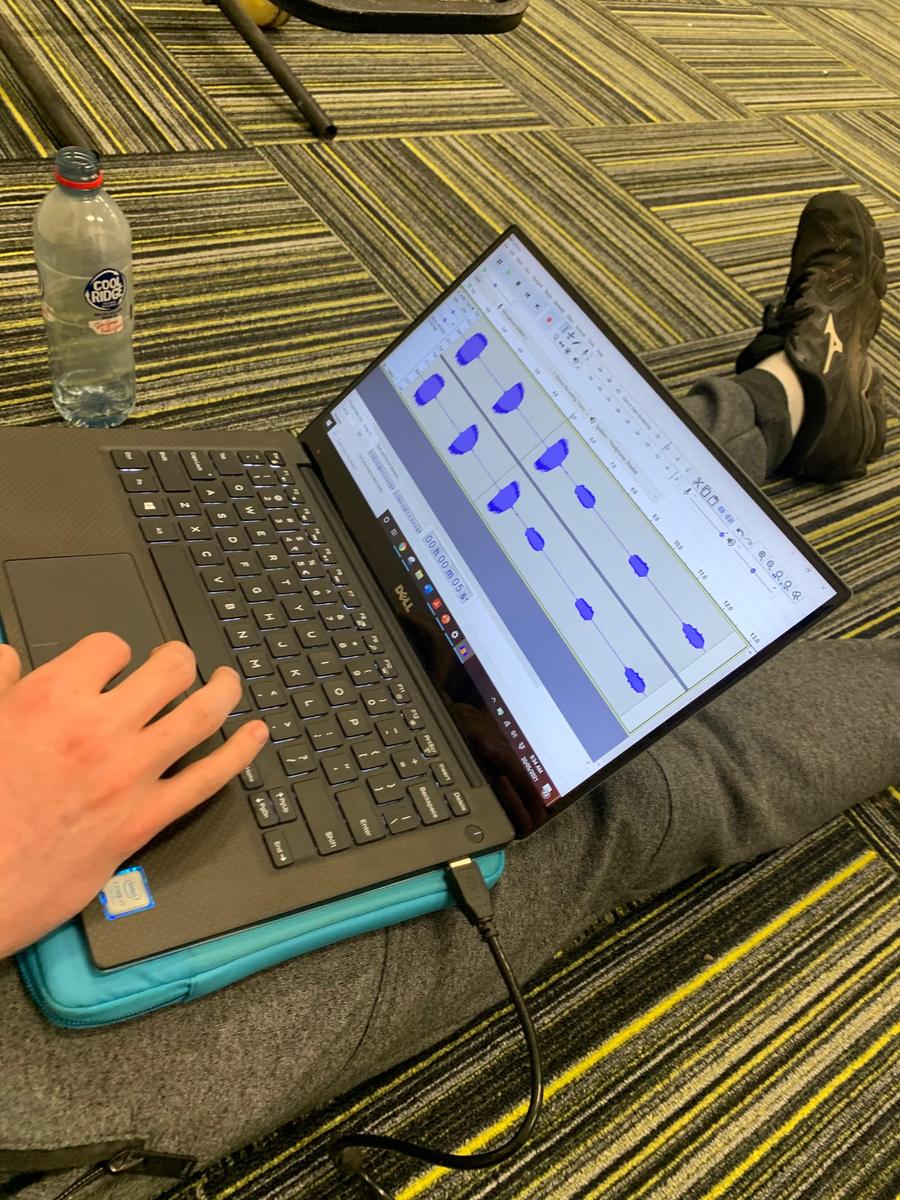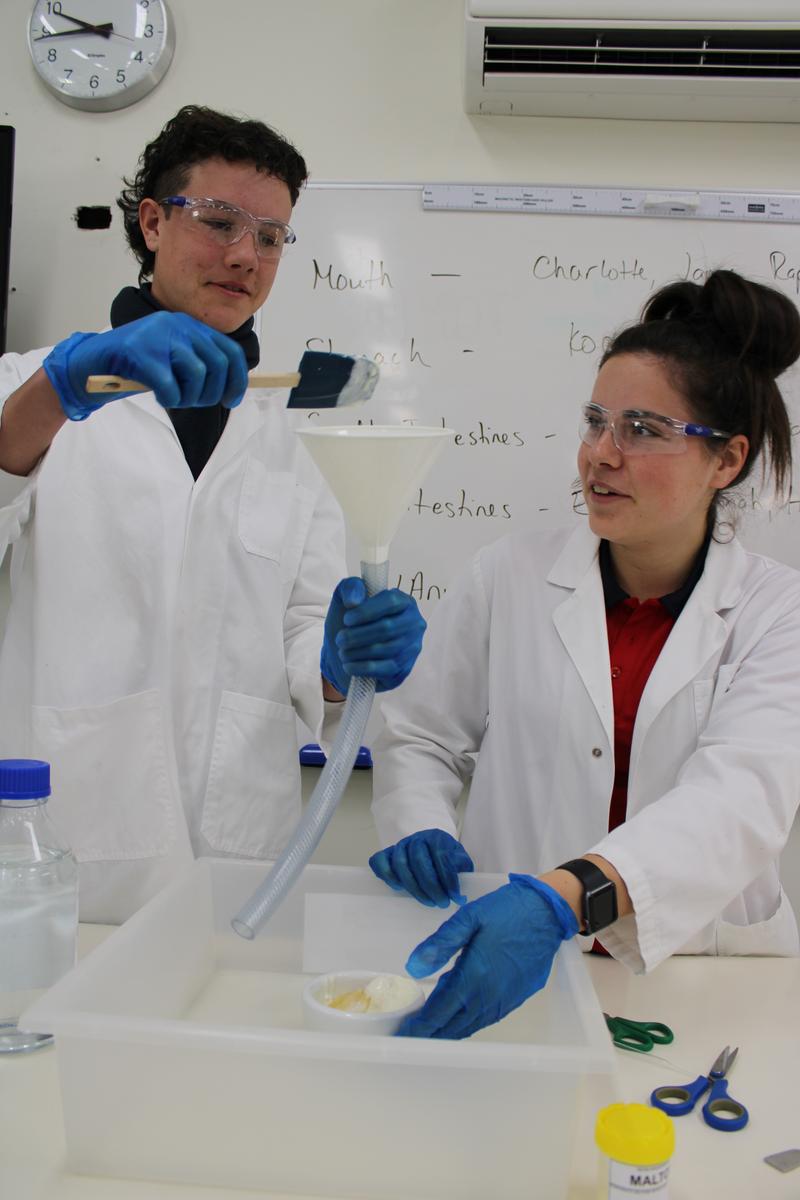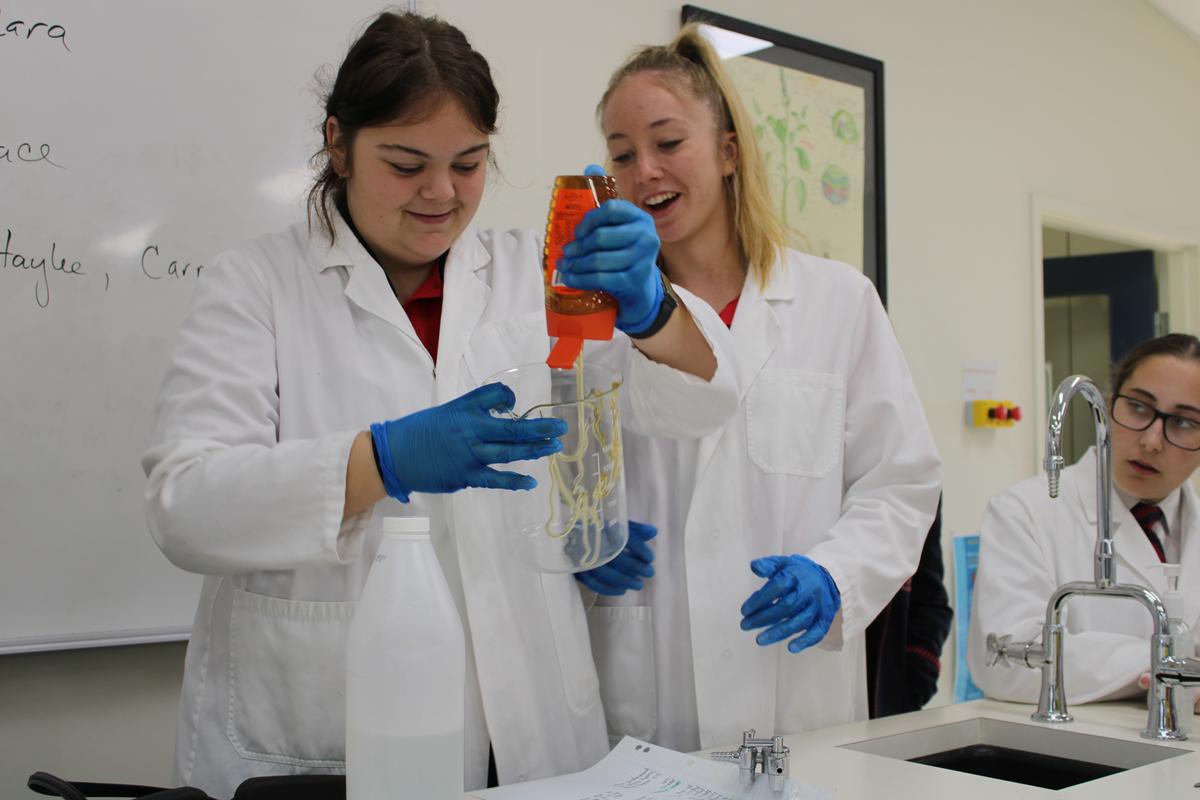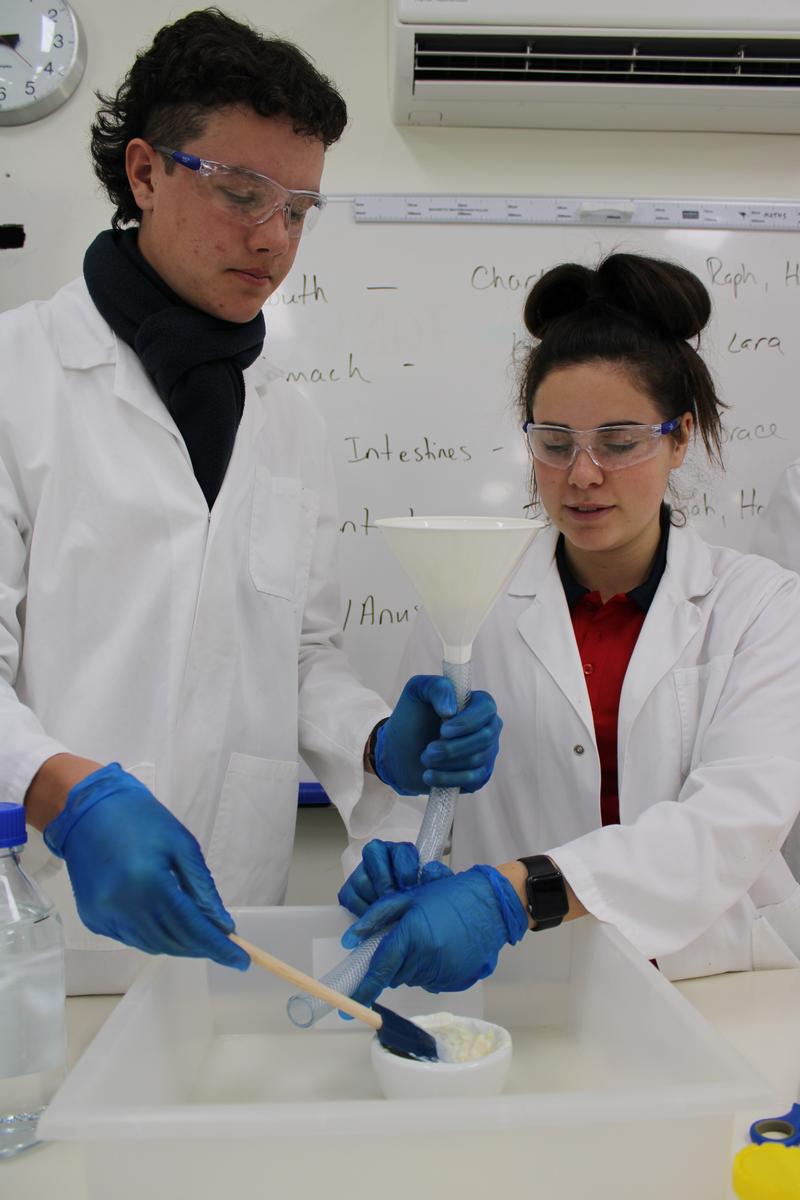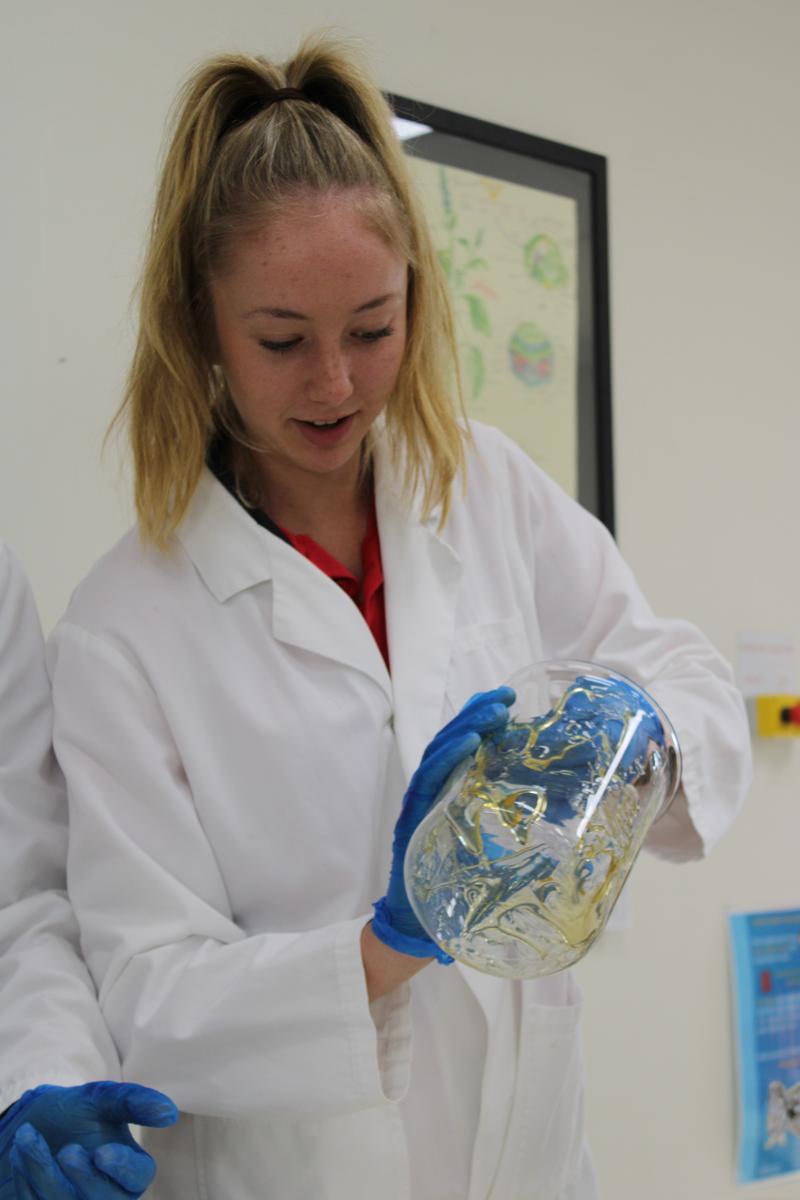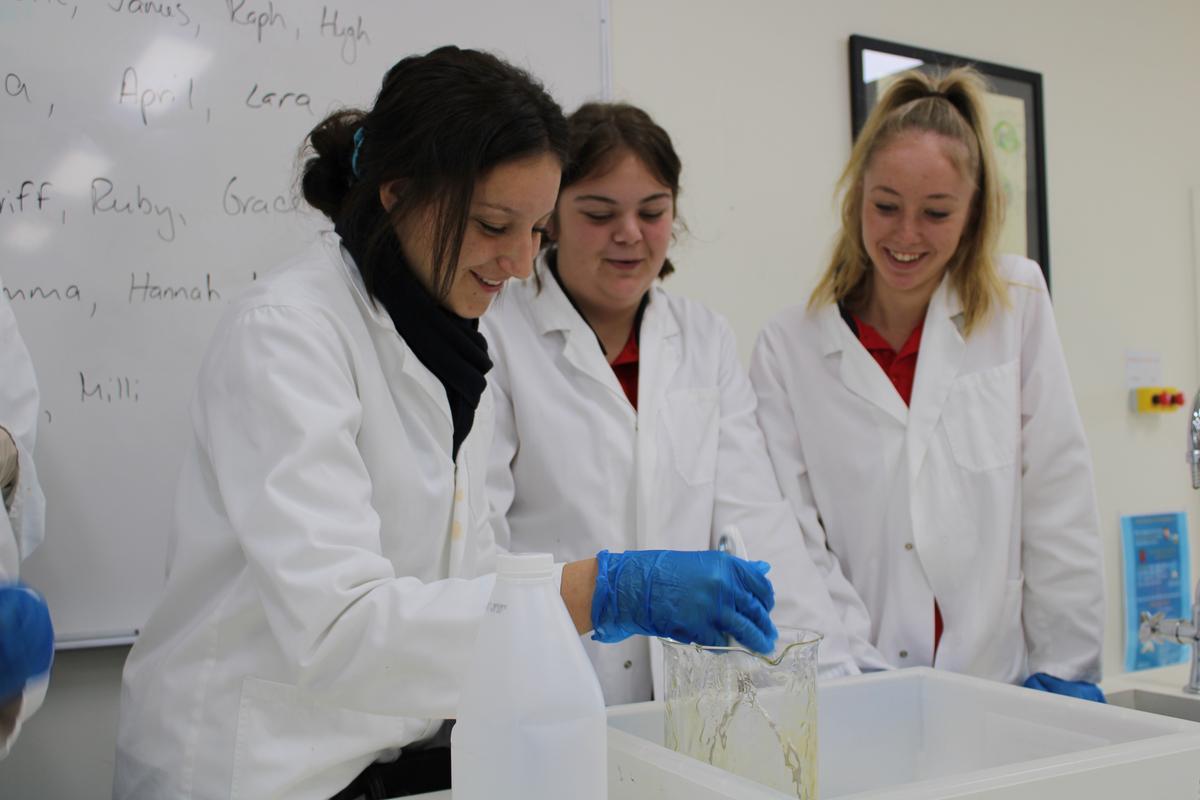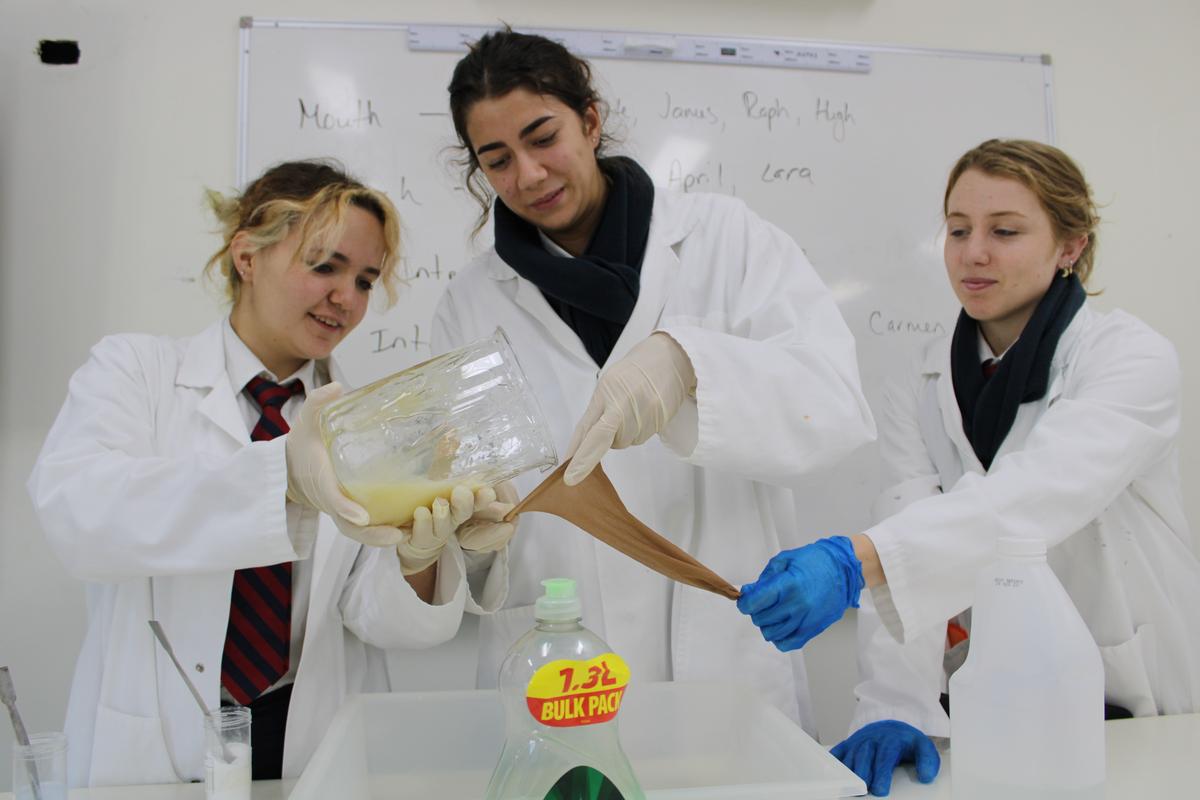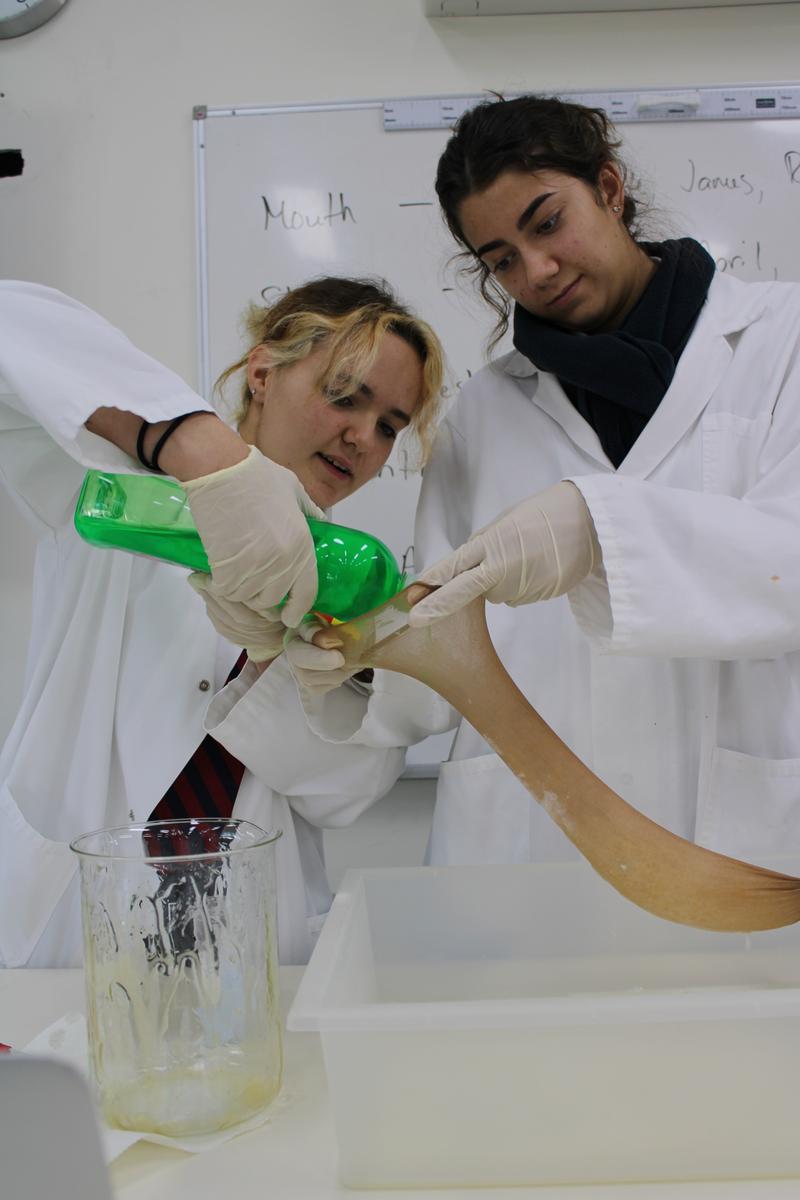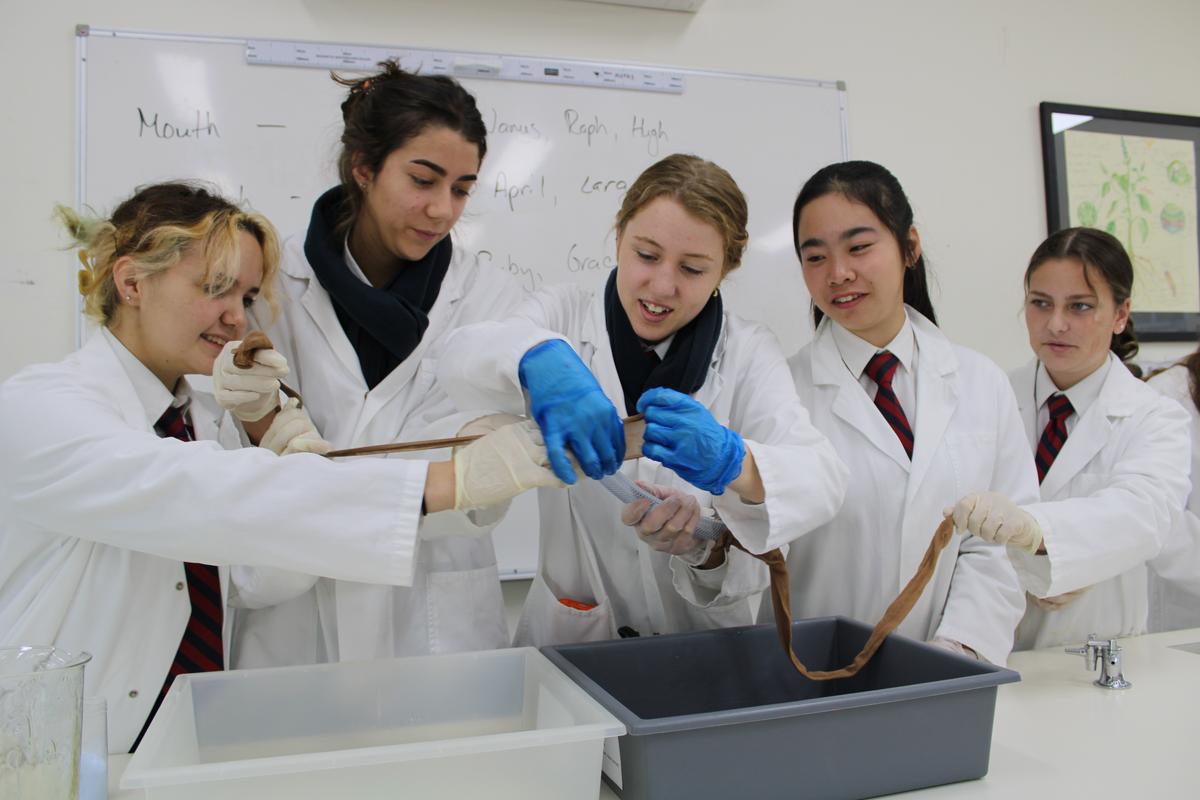Secondary
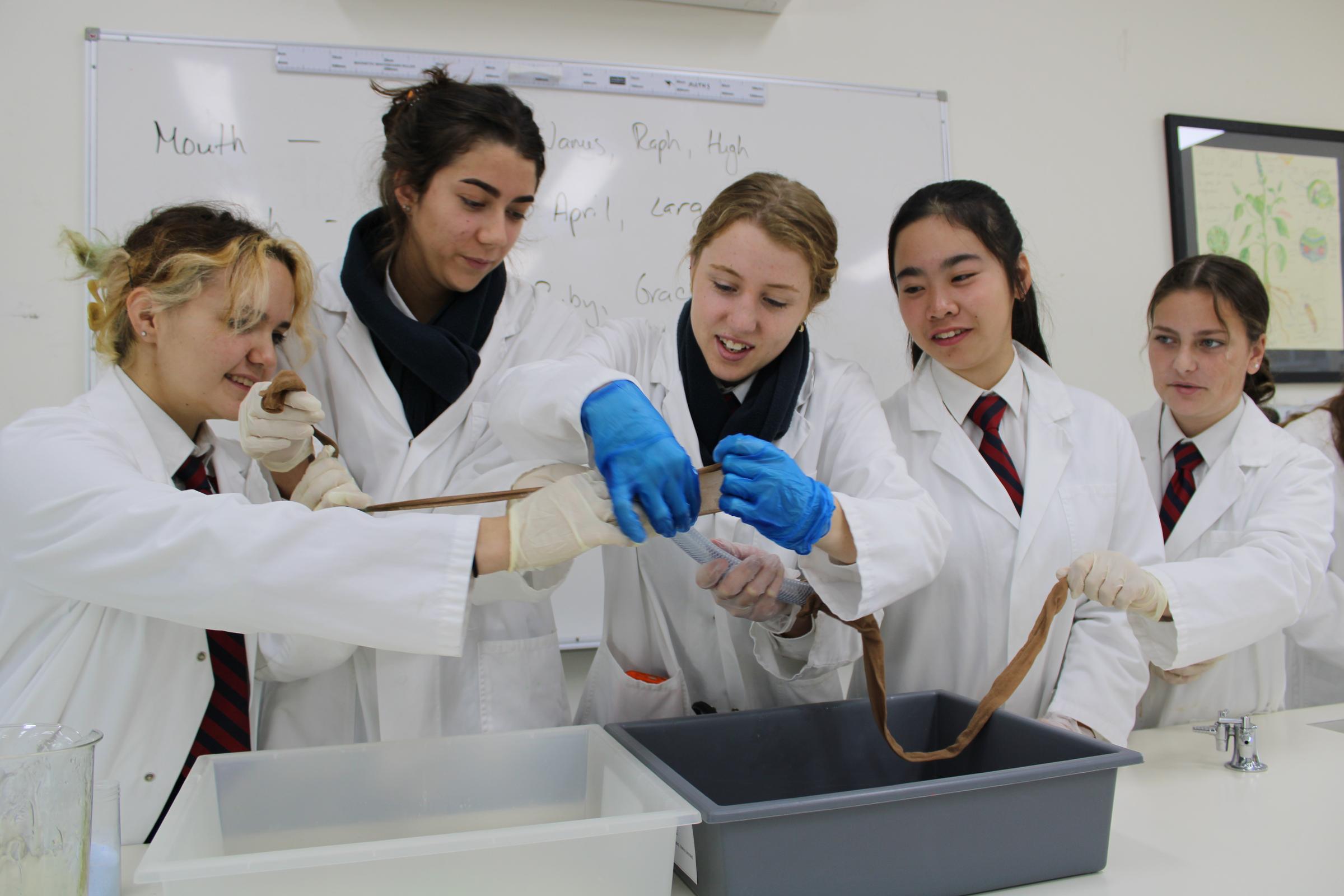
Recent Changes to Reporting of Assessment Tasks on SEQTA (Years 7-11)
Under NESA (NSW Educational Standard Authority) guidelines, the School has been reporting on a 5-point scale (A to E) for both the overall grade of each subject as well as for each individual assessment task.
While the students will continue to be reported on their overall performance in each subject on the 5-point scale of A to E, we have made a change so each individual assessment tasks will be reported on a 15-point grading scale of A+ to E-.
There are numerous advantages to using a 15-point grading scale (A+ to E-). Which include:
- More precise feedback to students and parents
- It builds a greater wholistic picture about overall student performance
- It promotes conversations with students about maintaining or improvement of results
- Students are able to see finer increments of improvement and this can be motivating for students.
One of the main benefits is a greater ability to data track students. By tracking student Grade Point Average (GPA) across all subjects, both subtle and significant changes in GPA can be identified. This can then be used to drive decision-making regarding academic and pastoral concerns including if students require support plans, identify if there are pastoral issues impacting academic performance and student growth.
This data can also be used to celebrate academic success by way of “Academic Improvement”. For example, acknowledging students who improve their GPA by 1 point (which is not easy to do), rather than students who might get all “A’s”.
If you have any questions about the 15-point scaling system please contact either Mr Hughes (Head of Teaching and Learning) or the Head of Senior School, Mr Jeff Scott.
Cross curricula- PDHPE/Biology: Year 11
Year 11 Biology and PDHPE students took part in a cross-curricula opportunity on Tuesday by undertaking a heart dissection. There is a natural link between the two subjects, with many of our students studying both. By completing this activity, students in both Biology and PDHPE were able to consolidate their current course work and make real work connections between the two disciplines. Students were accompanied by their classroom teachers, Ms. Bennett, Mr. Cadd, and Mrs. Catt who were all able to discuss with groups the link between the activity, the PDHPE and Biology concepts.
The Year 11 PDHPE students consolidated their learning associated with the cardiovascular system and fitness components as part their ‘Body in Motion’ module. Students were looking at how the heart chambers vary in size and relating this to the delivery and uptake of oxygen to the working muscles. They also considered the differences in heart wall size and made connections to exercise and adaptations to training. Students will now extend on this experience as they look at the cardio-respiratory chronic and acute responses to different exercise intensities.
In Biology, students as part of their 'Organisation of Living Things' module have been studying the body systems and how they are effective at meeting cellular requirements as organisms become more complex. In completing this investigation, students depended their understanding of the heart within a closed circulatory system and its importance in facilitating the transport of nutrients, gases and wastes into and out of cells.
A big Thank you to Sandy's Mobile Butchering for supplying the school and our students with the hearts to be able to undertake this opportunity and to Mrs. Cain helping to make this learning experience available to such a large group of students
Rory Carlie – “This was a good experience, it helped me understand about how the left side pushes blood to the body, this helped me with my fitness testing and energy systems task on aerobic endurance” (PDHPE).
Lily Hillman- “It was good to see everything that we have been learning in PE about the heart and it structures in real life. For bio, it was good to see how the heart connects to the lungs and delivers blood to the body. It helped me understand the link between my subjects” (Biology and PDHPE student)
'MacBeth' at MAG!
Shakespeare’s Macbeth is a bloody play dealing with fate, revenge, and prophecy! Here are some of Ms Hildebrand's Year 10 English students interpreting the murder of Banquo in the remote woods.
Year 7 Food Technology
The year 7 food technology class took on the challenge of making home made fried rice. The students proved to be quite the cooks as they prepared and served a very tasty rendition of the popular Asian dish. Who needs to buy take-away anymore!! :)
Physics Depth Study - Year 11
Students are undertaking their Physics Depth study. In this task students selected an area of interest; either analysing the sounds produced by musical instruments or analysing the forces involved in flight.
The task is currently underway- students are designing, testing and modifying their procedure and solving problems as they arise. We look forward to seeing their final tasks- especially Shane McGrath playing Oscar Priddle's guitar!
Human Digestive System - Year 11
The Year 11 Biology students are currently learning about nutrient requirements in animals. In today’s lesson the class worked collaboratively to model and demonstrate the structure and function of the human digestive system. The class got their hands dirty feeding and digesting yogurt and banana.

